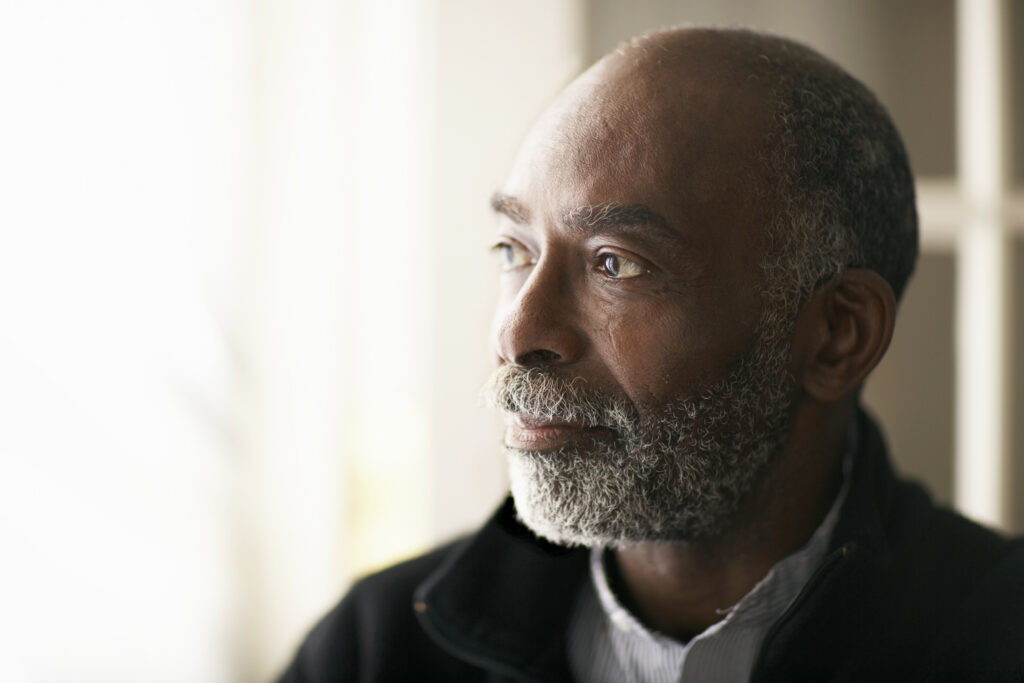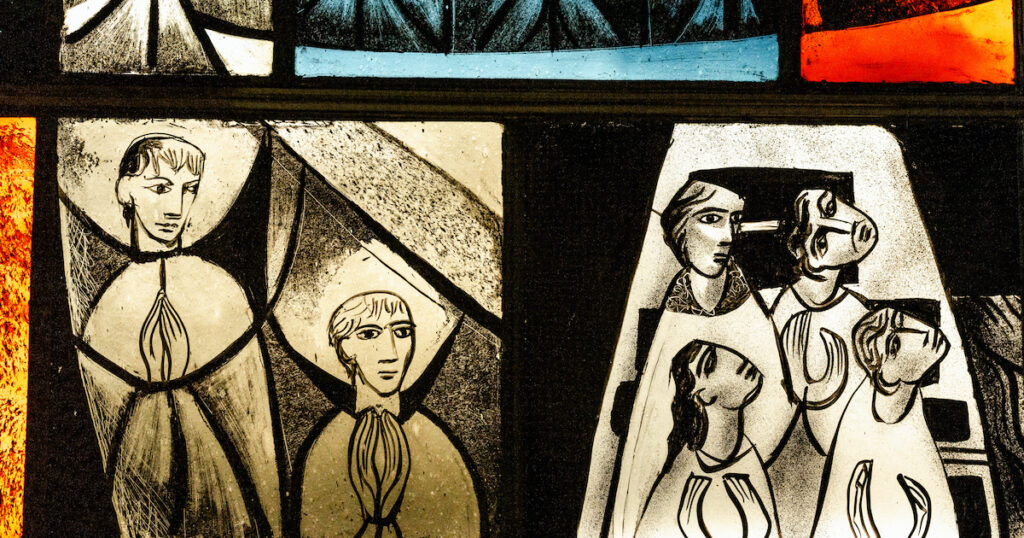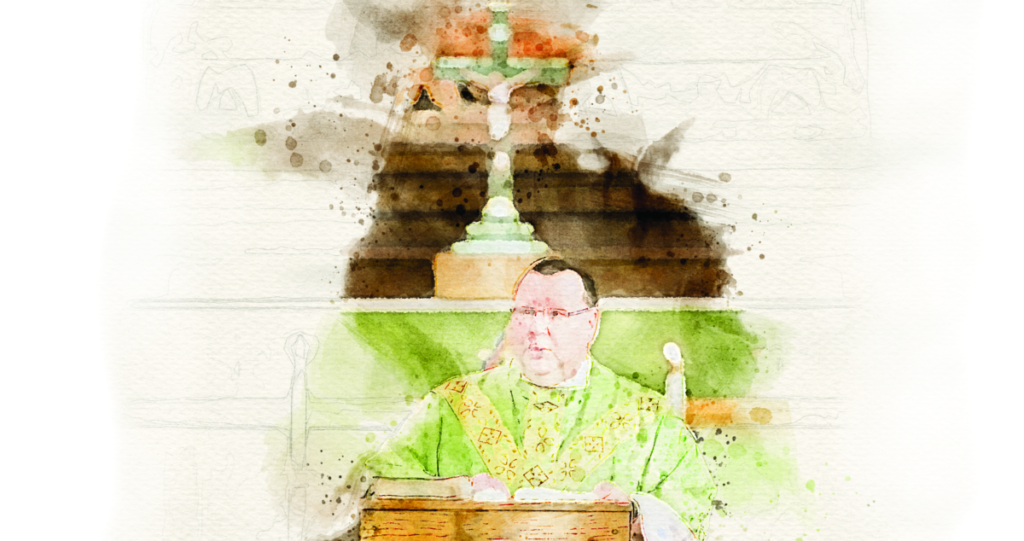by William Cwirla
Question: How do I know if I have enough faith? I have known people who think they believe, but they trusted in themselves instead. Can I trust my faith?
Answer: The question of faith is a very important one, since we are saved by God’s grace through faith in Jesus. There are three things to consider in answering the question.
First, faith is never simply bare faith but always has an object, something or someone to trust. The object of saving faith is Jesus Christ. We are saved from Sin and eternal Death through faith in Christ and His saving death and resurrection. Faith trusts in Jesus Christ and Him crucified and not in itself. We trust Jesus to save us; we do not trust ourselves. A good way to test this is to replace the word “faith” with “Jesus.” Your faith has saved you; your Jesus has saved you. When faith and Jesus are interchangeable, you are thinking correctly about faith.
Second, faith is a gift of God worked by the Holy Spirit through the Word of the Gospel in all of its forms — the preached and written Word, Baptism, Absolution and the Lord’s Supper. By means of the Gospel spoken and heard, the Spirit works faith, that is, trust in the saving work of Jesus, in our hearts (Rom. 10:17; Eph. 2:8). As a work and gift of God, faith cannot be quantified or divided. God does not do half a creation or partially save. Faith does not have a volume knob, only an on/off switch, and God is the one who throws the switch of faith. As a work of God, faith is always whole and complete, even if it does not appear that way to us.
That brings us to the third point — our perception of faith. While faith in Christ is always whole and complete, our perception of that faith varies. Sometimes we feel strong in faith, other times weak. Often this has to do with our circumstances in life, our struggles with sin, our engagement with the Word and our prayers. This can be especially profound at the end of your life, particularly if you have been weak or ill for a long time. Some believers die with a great show of faith, others with very little. This is how we perceive things, not how God does. With God, even faith the size of a tiny mustard seed is enough to move mountains and uproot trees (Matt. 17:20; Luke 17:6).
What do you do when faith seems to be weak or lacking? I can think of no better advice than that from the Large Catechism, which teaches us to make the sign of the holy cross and say, “Nevertheless, I am baptized. And if I am baptized, it is promised to me that I shall be saved and have eternal life, both in soul and body” (LC IV 44). Leave your little faith in Jesus’ hands and pray, “I believe; help my unbelief” (Mark 9:24).
Jesus is ever faithful. You can always trust your Jesus.
This article originally appeared in print in the September 2020 issue of The Lutheran Witness.







One of the exciting things about reading and re-reading the living word of God continually throughout one’s Christian life, reflecting on it, and praying over it for wisdom and understanding…as the Holy Spirit leads us, is the notion of how it energizes us, and builds up our faith. Coupled with a regular prayer life, reading the word assures us of God’s promises, and it draws us closer to Him. You will notice, as a child of God, how uncomfortable we feel when we know we have neglected these areas as we walk through this world. We instinctively do not like being separated from the Lord, through our own neglect of His word, worship, sacraments, and fellowship with other believers. Our trials may assault us, and we may have dark periods, but God is faithful…He draws us back. Our faith, we often think, is something we are exclusively responsible for, but actually it is the faithfulness of the Lord which overcomes our own lack of faith. I agree with all Pastor Cwirla has mentioned above. You can and must always trust Jesus. That is how we must think. That is how we must live.